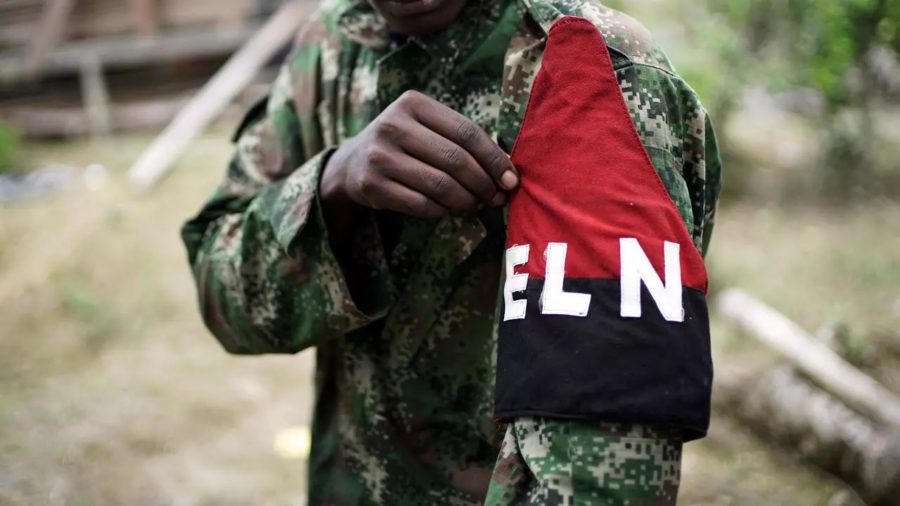On Saturday, December 3, the Colombian national government and leftist guerrilla group National Liberation Army (ELN) signed their first agreement in just 12 days of peace talks. The agreement allows the safe return of the Embera Indigenous people to their lands in the Murindó municipality in the Antioquia department. The Indigenous community was displaced due to violence and internal conflict between the Colombian armed forces and ELN combatants.
During a meeting with the Community Action Boards in the municipality of Dabeiba, Antioquia, President Gustavo Petro hailed the achievement and said that it would provide much needed relief from violence to the Embera people and allow them to live in peace in their territories.
The head of state stressed that the Embera people would be able to return to their territories with guarantees of non-repetition. Although he did not specify when the Embera would be able to return, he indicated that it would happen soon.
“Murindó, undoubtedly, is an excluded municipality in Antioquia. It should not be like that. Murindó belongs to ethnic majorities: Indigenous and Afro. Murindó also does not behave politically like most municipalities in Antioquia. Murindó is a socially organized municipality and is affected by violence, and violence is practically displacing its population,” said the president.
He also called for replicating similar peace agreements in other departments so that other communities could also recover their territories.
The ELN delegates at the talks have not made any statements directly related to the humanitarian agreement on the Embera. Nevertheless, ELN commander Antonio García said in a tweet on Monday morning that “only changes in the reality of the country will lead us to peace. For this reason, with the participation of society, we hope that governments will listen and commit to carrying out transformations so that Colombia becomes just and democratic.”
The agreement reached at such an early stage of the peace negotiations has been widely celebrated by Colombian society.
Colombian forensic anthropologist Pedro David Pérez-Torres welcomed the first agreement signed between the government and the ELN, saying that “hopefully this measure will be extended to all communities displaced in the country by this armed group.”
The Comunes Party, which emerged after the disarmament of the FARC guerrilla group as a part of the 2016 peace agreements, described the agreement between the government and the ELN as “very good news,” saying that “the peace talks are beginning to show results.”
The party added that “it is necessary that other armed actors present in the territory also commit to respecting the communities.”
The talks with the ELN, Colombia’s largest remaining guerrilla group, resumed on November 21 in Venezuela’s capital Caracas after a four-year hiatus.
The first talks between the ELN and the Colombian government of then President Juan Manuel Santos began in February 2017. In January 2019, they were called off by Santos’ successor, the conservative Iván Duque, after a car bomb attack on the Police Cadet School in Bogotá.
Contrary to his predecessor, Petro, Colombia’s first left-wing president, promised to bring “total peace” to Colombia. After taking office in August, he began promoting peace negotiations, not only with the ELN, but with all illegal paramilitary and drug-trafficking groups willing to submit to justice.
Last week, Colombian human rights organization Institute of Development and Peace Studies (INDEPAZ) reported that at least 23 irregular armed groups operating in the country had expressed their willingness to engage in dialogue with the Petro government and accept legal benefits in exchange for peace.





